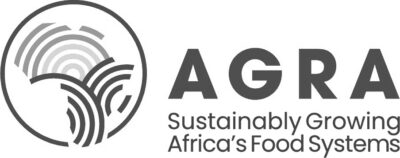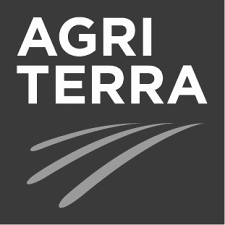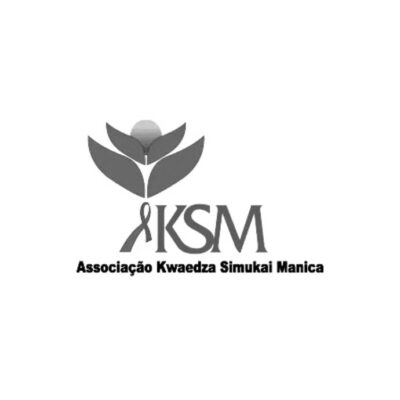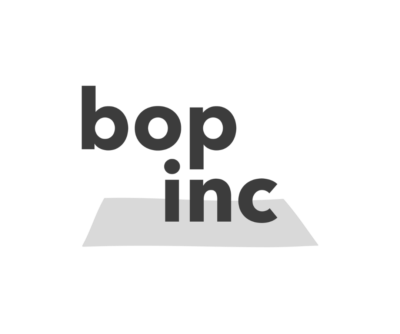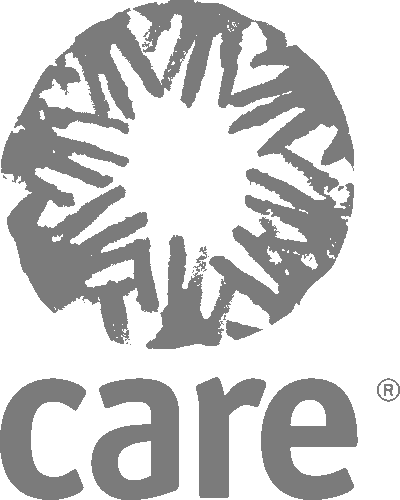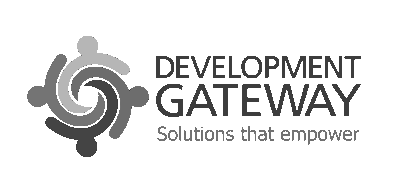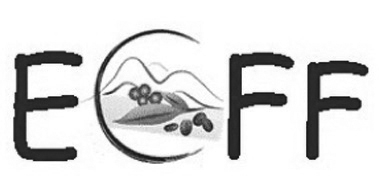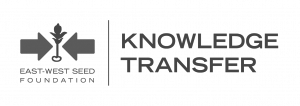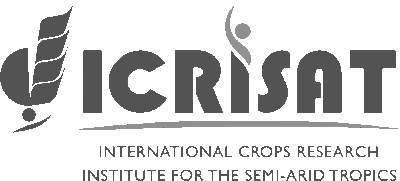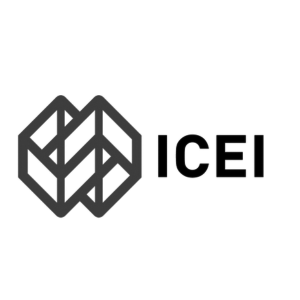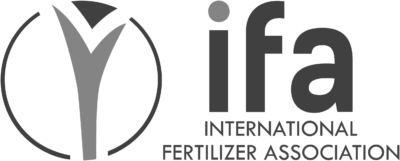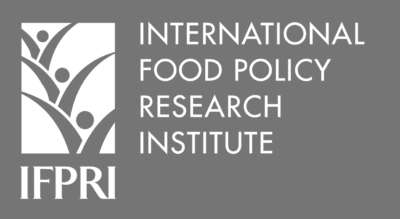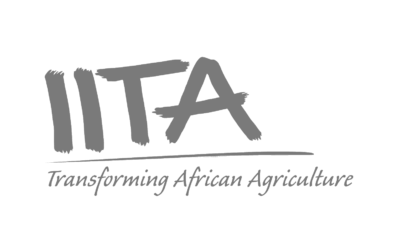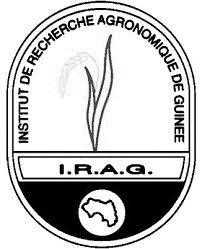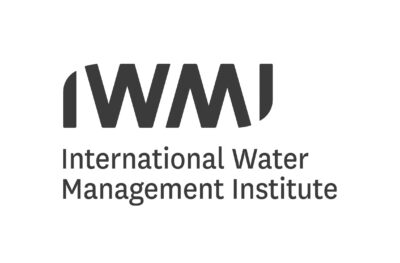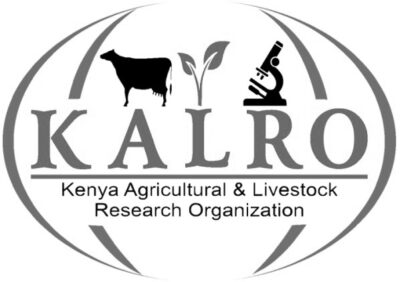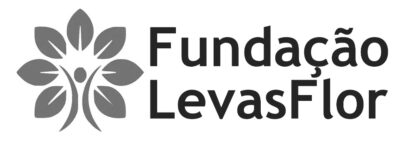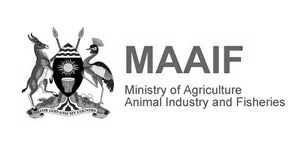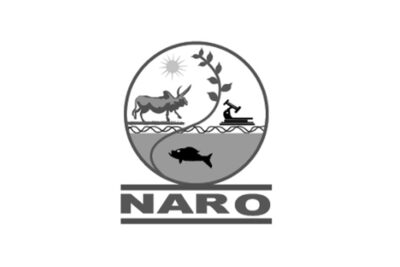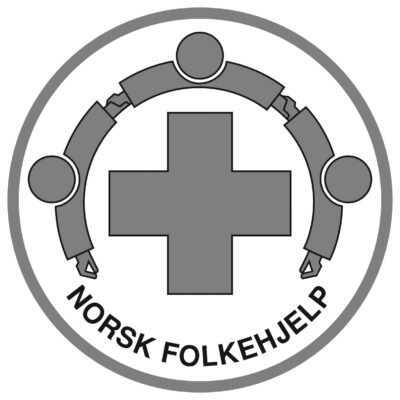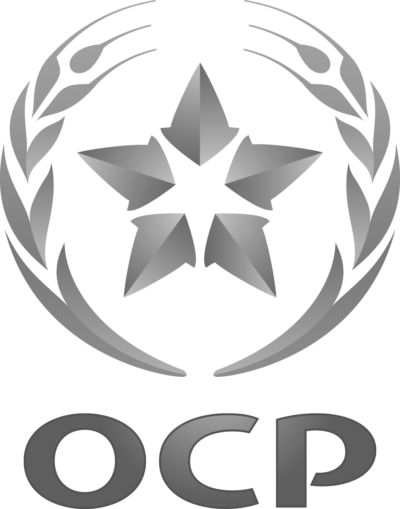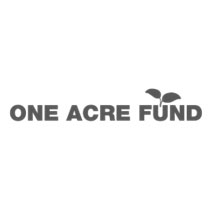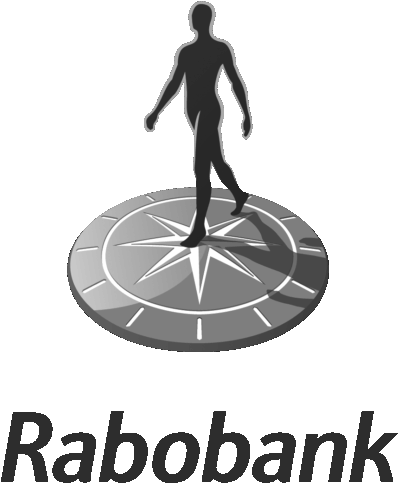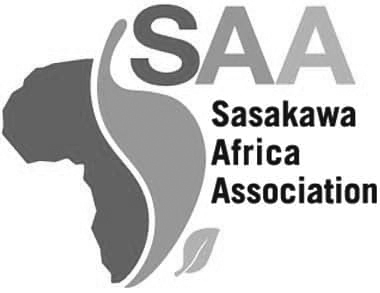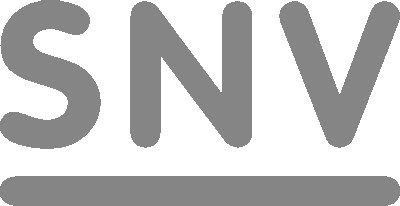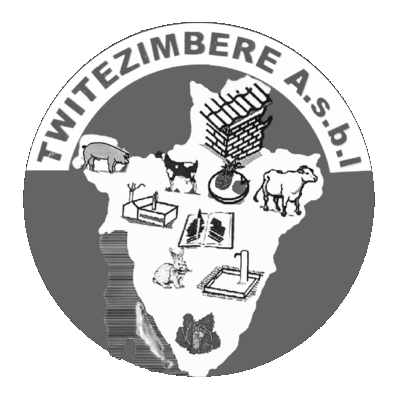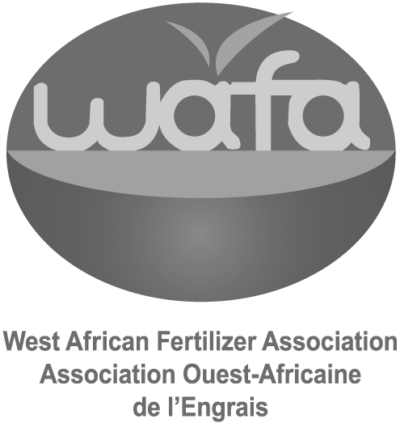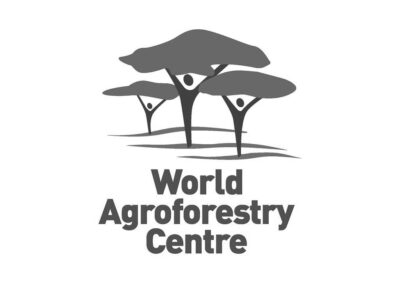Strategic partnerships underpin our work to bridge the gaps between research, farmers, markets, and a supportive, enabling environment. The sustainability of our impact depends on effective partnerships.
We work closely with partners large and small to design and implement a wide variety of innovative products, development projects, and initiatives. We also work to increase our partners’ capacities through training and convening to support sustainable food systems – from the lab to the consumer.
Contact us today to learn more about partnering with us.

Partnering for Better Technology
We employ an inclusive approach to our research and development. Through partnerships with the private sector and national research institutions, we focus on testing, adapting, and scaling promising technologies for smallholders.

Partnering for Productive Farmers
Farmers remain our most important partners. We work with local organizations and communities to conduct field-level tests of improved technologies and farming practices and prioritize women farmers and youth to ensure sustainability.

Partnering for Strong Markets
Our programs prioritize public-private partnerships to scale adoption of field-tested technologies, develop agribusiness clusters, and build capacities of farmers and business owners.

Partnering for Impact
Sustainable and lasting impact is only possible through partnerships at all levels. By working with partners from national governments to private industry to smallholder farmers, we work to strengthen capacities of organizations, develop and implement improved policies, and share knowledge and information.
Our Partners
IFDC Donors
Department of Agriculture, Government of Odisha, India
Embassies of the Kingdom of the Netherlands (EKN)
Integrated Nutrient and Land Use for Climate-Smart and Durable Ecosystems (INCLUDE)
Islamic Development Bank (IsDB)*
Netherlands Directorate-General for International Cooperation (DGIS)
*This is a previous donor that has helped us have a lasting impact.
IFDC Partners
Governmental Agencies
Benin Ministry of Agriculture, Livestock, and Fisheries (MAEP)
Guinea Agronomic Research Institute (IRAG)*
Kenya Agricultural and Livestock Research Organization (KALRO) *
National Agricultural Research Organization (NARO) (Uganda)
The Uganda Ministry of Agriculture, Animal Industry and Fisheries (MAAIF)
Governmental or Provincial Farmer Organizations
Associação Kwaedza Simukai Manica (AKSM)
Rural Promotion and Agricultural Extension Service (SERPROCA)*
União de Camponeses de Manica (UCAMA)
União Provincial dos Camponeses de Sofala (UPC)
International Non-Governmental Organizations (NGOs)
Alliance for Commodity Trade in Eastern and Southern Africa (ACTESA)
Common Market for Eastern and Southern Africa (COMESA)
Environment and Coffee Forest Forum (ECFF)
International Crops Research Institute for the Semi-Arid Tropics (ICRISAT)
International Economic Cooperation Institute (ICEI)
International Food Policy Research Institute (IFPRI)*
International Institute for Tropical Agriculture (IITA)
International Water Management Institute (IWMI)
ISRIC – World Soil Information
World Agroforestry Center (ICRAF)
Non-Governmental Organizations (NGOs):
Fertilizer Industry
African Fertilizer and Agribusiness Partnership (AFAP)
Africa Fertilizer Financing Mechanism (AFFM)
International Fertilizer Association (IFA)
OCP*
West African Fertilizer Association (WAFA)*
Foundations
BoP Innovation Center (Bopinc)*
Sasakawa Africa Association (SAA)*
East-West Seed Knowledge Transfer Foundation*
Business Enterprise Partners (Private Enterprise)
Wallace & Associates*
Academic and Research Institutes
Forum for Agricultural Research in Africa (FARA)
Wageningen University & Research (WUR)
West African Science Service Centre on Climate Change and Adapted Land Use (WASCAL)
*This is a previous partner that has helped us have a lasting impact.
Frequently Asked Questions
Does IFDC produce fertilizer products?
As a nonprofit, IFDC does not manufacture, produce, or sell fertilizer products.
What is IFDC?
IFDC is a nonprofit, science-based organization working to alleviate global hunger and poverty by improving sustainable agricultural productivity. Legally, IFDC is designated a Public International Organization (PIO).
What is a Public International Organization (PIO)?
This designation allows IFDC to receive widespread support, cooperation, and backing from the world community it was created to serve. As a PIO, IFDC is entitled to the privileges, exemptions and immunities conferred by the International Organizations Immunities Act.
Who funds IFDC?
IFDC is multilaterally funded by donors representing Africa, Asia, Europe, and the United States. IFDC also works with private industry on technology development projects.
Where is IFDC based?
IFDC’s headquarters are in Muscle Shoals, Alabama, USA, with regional offices located in Accra, Ghana; Nairobi, Kenya; and Dhaka, Bangladesh.
Where does IFDC Work?
IFDC’s work is currently focused on sub-Saharan Africa and South Asia, but our broader research activities have worldwide implications.
Who does IFDC help and how?
IFDC’s work is geared toward increasing the capacities of smallholder farmers, agricultural entrepreneurs, small-to-medium-sized enterprises, and many other agricultural stakeholders. By partnering with donor organizations, national governments, private sector actors, and local entrepreneurs, we work to bridge the gaps between research, development, and markets with the goal of improving soil health and fertility and smallholder livelihoods in developing nations around the world.
How can I learn more about partnering with IFDC?
IFDC partners with public and private organizations, both large and small, to design and implement a wide variety of innovative products, development projects, and initiatives. Please fill out the form below with as much information as possible, and the appropriate contact will receive your message.


